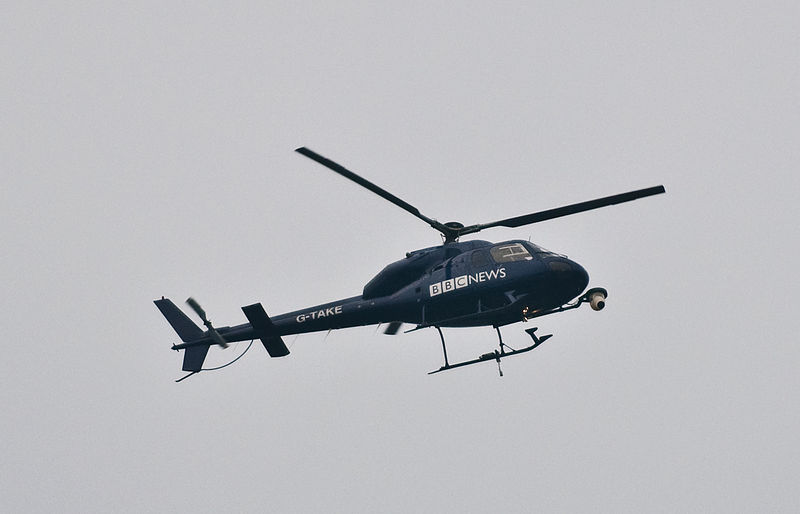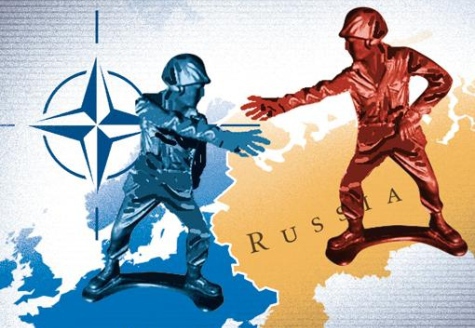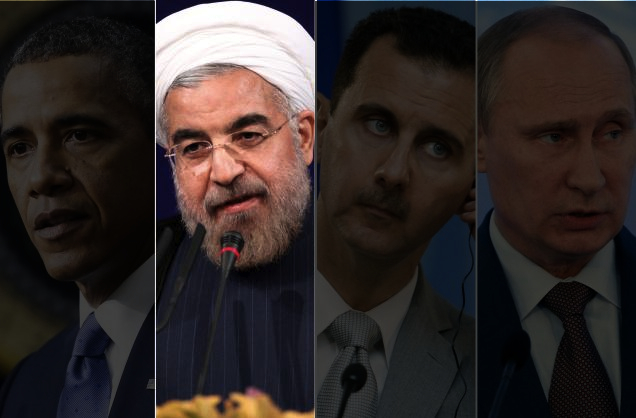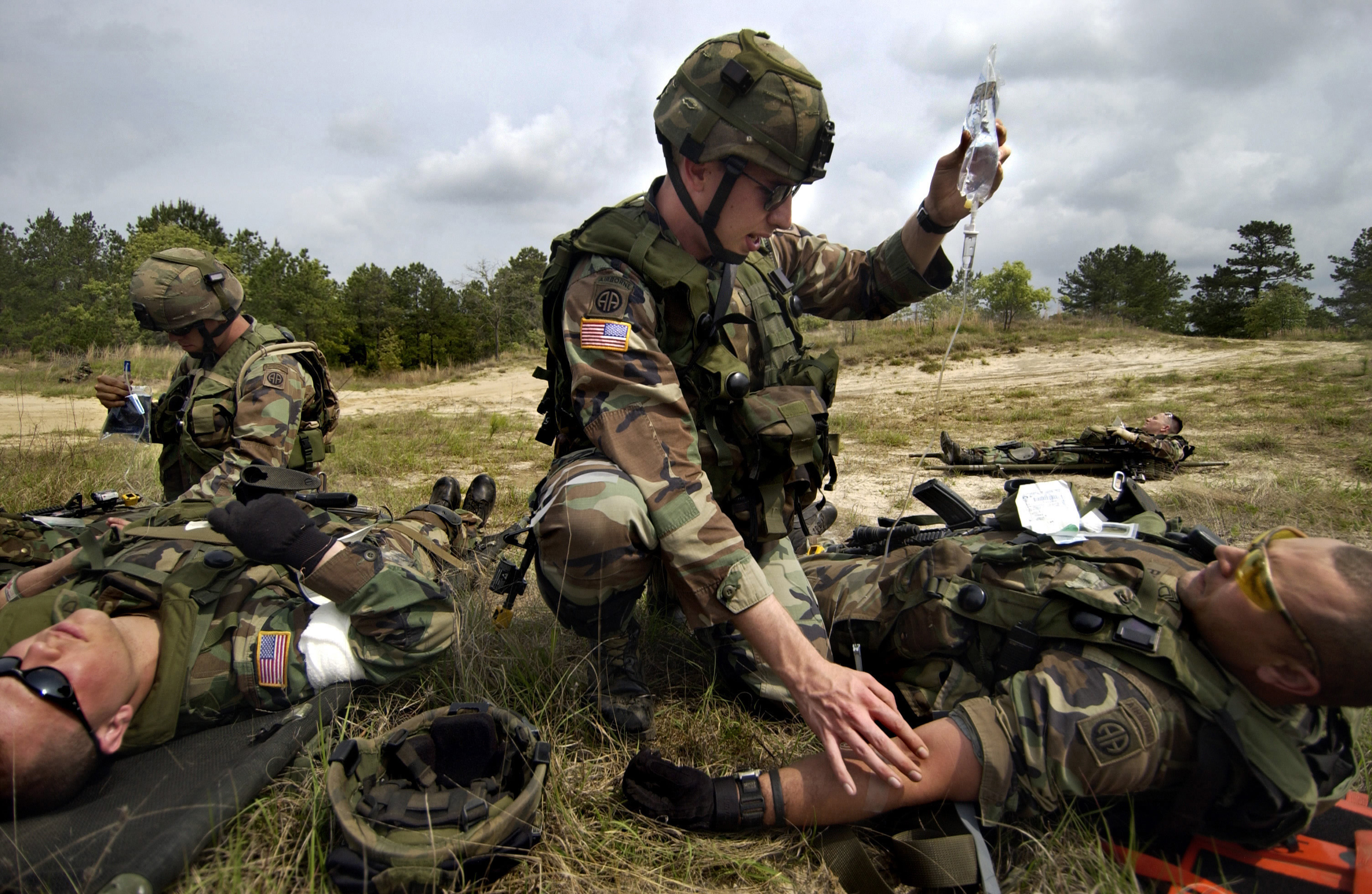Although the motives of terrorists vary greatly depending on which organization or cause they represent or support, every terrorist group is linked by the desire to deliver their message to as many people as possible. The purpose of this article is to discuss the desire of terrorists to maximize publicity for their cause, and the struggle of governments to censor their message while still protecting the rights and freedoms of their citizens. Margaret Thatcher’s statement that “We must starve terrorists of the ‘oxygen of publicity” is still supported by governments. However, with new forms of communication and the global availability of today’s media, it has become much easier for terrorists to use the media for publicity purposes, especially in Western democracies where the government has limited control over media output.
“Although governments attempt to starve terrorists of the oxygen of publicity by using anti-terrorism legislation to censor and limit the output of news media sources, it is not a feasible task in a Western democracy, as the media functions as a business and does not work in conjunction with the government.”
In order to understand the necessity of governments to starve terrorist of their desired publicity, it is imperative to understand how terrorists use publicity to support their cause, and ultimately pursue their goals. According to Debatewise Current Affairs:
“By targeting civilians with acts of violence, terrorists seek to coerce national populations and governments into fulfilling the terrorists’ political goals. This strategy requires that national populations are able to see the results of the terrorist’s attack, and in doing so (usually via the media) there is concern that terrorist aims are served by the distress and fear they create through dramatic attack of civilians, hostage taking, and similar tactics”.
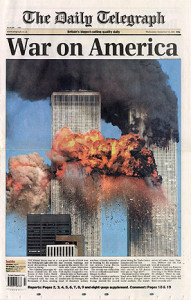
The media has undoubtedly provided terrorists with the means of relaying their message to large numbers of people, which is why the media has proven indispensible to terrorists. Terrorists can exploit the far reaching nature of modern media and its global networks by using their information relay systems to carry the news of their violence along with that is known as ‘propaganda of the deed’. Thus, they hope to incite fear amongst the masses. The goal of terrorists would not be to evoke a response by the general public, if the general public reacted passively to such events.
Former UK Prime Minister, Margaret Thatcher and her administration made it very clear that there was a correlation between increasing terrorist attacks and the amount of exposure in the news media. Thatcher’s role in combating this phenomenon is highly recognized by scholars interested in media and government censorship. Following the IRA surge in the UK, anti-terrorist legislation was passed in a “Temporary Provisions Act 1974” which banned public displays of support for the IRA, and increased the powers of police. Not only did this legislation affect the freedoms of the people, it affected the news media coverage at the time, which had been threatened by the government on several occasions to be in violation of anti-terrorist legislation. The open interpretation of Anti-Terrorism legislation during the Thatcher years made it possible to target the media without blatantly infringing on the rights and freedoms of citizens. However, the relationship between the government and the media’s right to freedom of press became contentious with this attempt to silence terrorists through policy implementation.
Terrorism and violence may have been obstructed by Thatcher’s efforts to limit terrorist publicity outlets; however, since Thatcher’s time in Parliament, much has changed. Islamic fundamentalists groups like al Qaeda have committed global atrocities that have made terrorism and terrorist violence a global issue as opposed to a mostly domestic one. Western democratic nations like the United States and the United Kingdom have attempted to take similar steps as Thatcher did in order to limit what the public was exposed to in regards to terrorism in the media. However, their control has been limited, as censorship efforts have often clashed with guaranteed rights and freedoms of individuals. Today, censorship of media by governments in the name of anti-terrorism has become a prominent issue. Soon after the 9/11 terrorist attacks in New York City by al Qaeda, the United States government implemented controversial systems aimed at securing intelligence from American citizens. Soon after that, American elected representatives were focusing on the passing of Anti-terrorism legislation, the passing of which took away some of the fundamental freedoms of citizens in exchange for what was perceived as security.
As compassion fatigue sets in, and the memory of 9/11 and other terrorist attacks on western soil fades, public support for less government interference has been expanding in light of the invasive nature of anti-terrorism legislation. What was once viewed as a patriotic compromise is slowly being seen as an invasion of fundamental freedoms. Although governments attempt to starve terrorists of the oxygen of publicity by using anti-terrorism legislation to censor and limit the output of news media sources, it is not a feasible task in a Western democracy, as the media functions as a business and does not work in conjunction with the government. Governments can successfully limit news media output to exclude extremely sensitive information using various policy tools such as “gag orders” and “Defence Advisory Notices”, but terrorist organizations will still effectively receive media attention in western democracies as a result of media market competition and fundamental freedoms and civil liberties.

